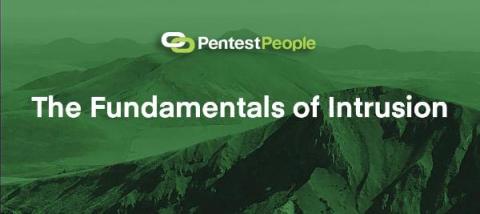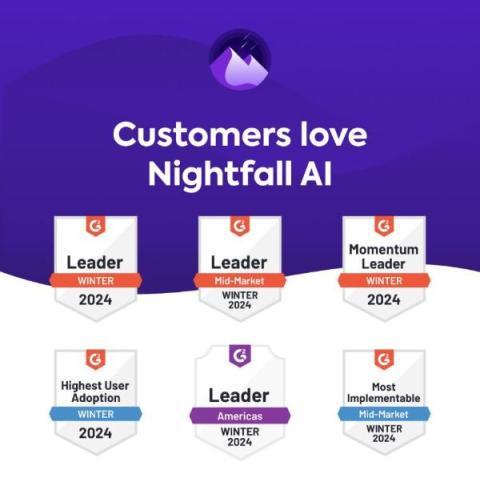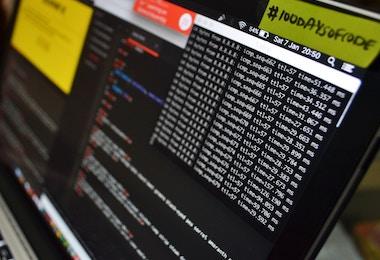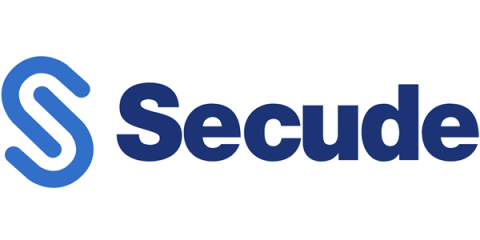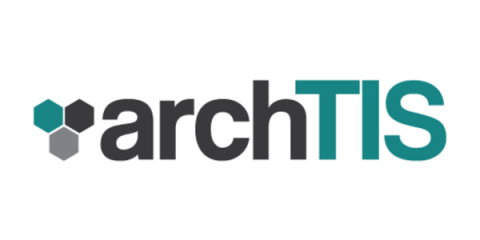The Fundamentals of Intrusion
No matter the size of your business, there are assets and data you have on your premises that you need to keep secure from people outside of your organisation. Whether it’s hard copies of personnel data, server rooms, or safety-critical infrastructure, that information, or how to gain access to that information will likely have some value to bad actors willing to use or exploit it.


